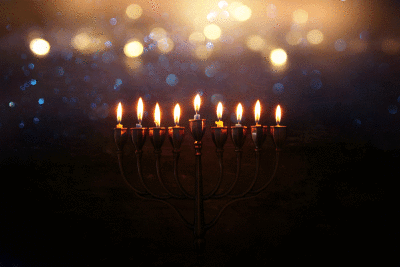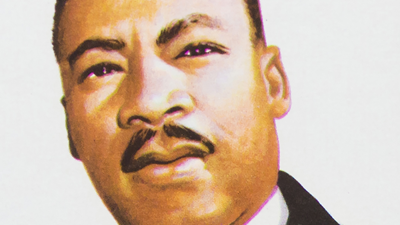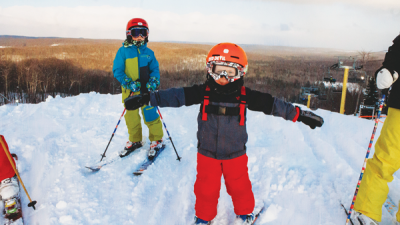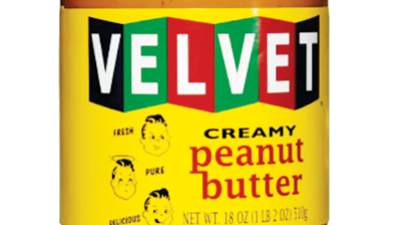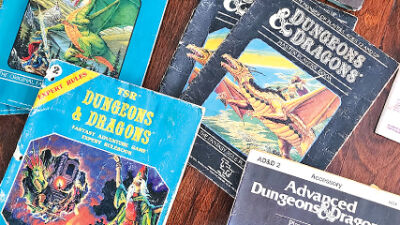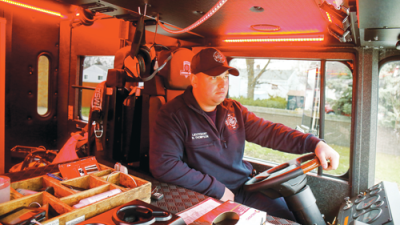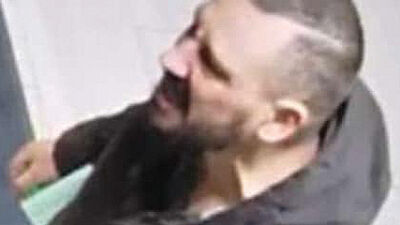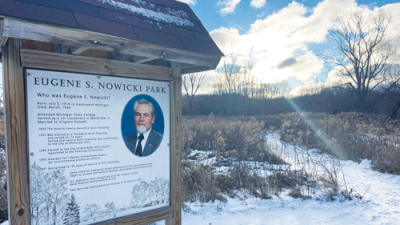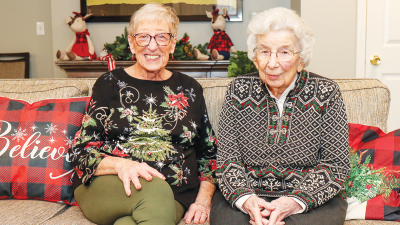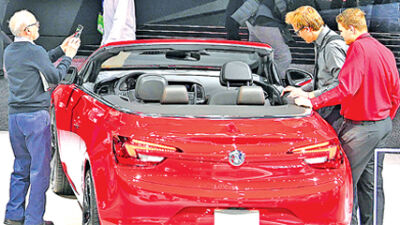MADISON HEIGHTS — A little bit of light dispels a lot of darkness.
It’s one of the core concepts of Hanukkah, the Jewish festival that began Dec. 18 and ends the night of Dec. 26. The idea is that good deeds have an impact on the world, no matter how dire things may seem. For local Jews like Madison Heights Mayor Roslyn Grafstein, volunteer Amanda Stein and Madison Heights City Councilman Sean Fleming, it’s also a belief that informs their service to others.
The holiday’s origin stems from the 167-160 B.C. Maccabean Revolt, a Jewish rebellion against the Syrian Greeks of the Seleucid empire. According to the Talmud, one the holy texts of Judaism, once the Jews reclaimed their temple in Jerusalem, they needed to light the menorah candles in order to rededicate the temple. But there was only enough oil to last for one night. A miracle then occurred, keeping the candles lit for eight nights.
“Hanukkah, to me, has always been a story of faith, perseverance and believing,” Grafstein said in an email.
She recounted how her grandfather and most of his siblings left Poland before World War II, starting new lives outside of Europe. One brother stayed behind, however, and died with his wife and children in a concentration camp.
“It would have been easy for my grandparents to become bitter and dwell on that horror, but instead they were thankful that they escaped and were able to give their children and grandchildren a new life full of opportunity,” Grafstein said. “We were brought up to never take this for granted, and to give back whenever we could.”
The mayor said she never knew her grandfather, but those who did said he was a “mensch” — a good person.
“He helped in his community, and this was something that was imparted to us at a young age,” Grafstein said. “When I was a child, my father was diagnosed as being bipolar. There were no support groups, and people were not as open about mental health issues as they are now. My mother had nowhere to go, so she started the Toronto Manic Depressive Association. Forty years later, and (the group) has morphed into the Mood Disorders Association of Toronto, and is still helping families deal with the impacts of mental health issues.”
Grafstein herself has endeavored to give back as a public servant, bringing new opportunities to the city and its residents. But she said everyone has the ability to do good, and there are many ways to bring light to the world, no matter one’s beliefs.
“Children are not born hating others — it’s something they learn,” Grafstein said. “Instead of making jokes and continuing negative stereotypes about any group, look for what we have in common and talk about the positive differences. From my conversations with people of other religions, we all seem to honor our faith by doing good and helping others.”
Stein is a volunteer at the Madison Heights Food Pantry, which she founded. She also volunteers as a facilitator for the Survivors of Suicide Loss support group at the Kevin’s Song nonprofit.
“I am there because I care about my community,” Stein said via email. “I am doing my part to serve others, and support them in their time of need.”
She said that Judaism has given her a sense of community and a base of faith.
“A primary tenet of Judaism is about love, kindness and compassion. … Judaism teaches us to perform mitzvahs, which is a tenant that says to perform a good deed,” Stein said. “To me, Hanukkah is about the miracle of God’s love keeping oil lit for eight nights. It’s about faith, family, community and taking care of each other, regardless of what’s happening outside. The menorah reminds us to remember who we are, and the miracle that we are here.”
She also cites another inspiration: the late Fred McFeely Rogers, better known as the star of the TV show, “Mister Rogers’ Neighborhood.” Rogers was an ordained Presbyterian minister.
“Like Mr. Rogers said, be the helper when you can, and help how you can. That to me says, simply, be good to others and yourself,” Stein said. “I try my best to do good, whether that’s founding the food pantry, facilitating the support group, or simply holding a door or helping someone push their broken car off the road.
“I would encourage others to simply pay a bit more attention for opportunities to do good,” Stein added. “Donate to worthy nonprofits like the Madison Heights Food Pantry, which fulfills a vital role in our community — and the need is only growing. Or Kevin’s Song, which is a suicide prevention and education organization that supports families and communities when the worst happens. Opportunities for doing good are everywhere.”
Fleming, the councilman, reflected on the role of the shamash — the menorah’s middle ninth candle that is used to light the other eight candles.
“A person can be a shamash,” Fleming said in an email. “The job of the shamash is to bring light to darkness. We can do so by doing good deeds. … helping others in need, and helping elevate our community members without making others feel marginalized or oppressed.”
He said a desire to bring people together is what led him to the city’s Human Relations and Equity Commission. This, in turn, led him to the City Council.
“We have a very diverse community, and we as a city have to work on providing programs and events where people can get to know each other,” Fleming said, noting that the library recently held its first Hanukkah event. “I hope we can build on these types of programs further in 2023.”
 Publication select ▼
Publication select ▼